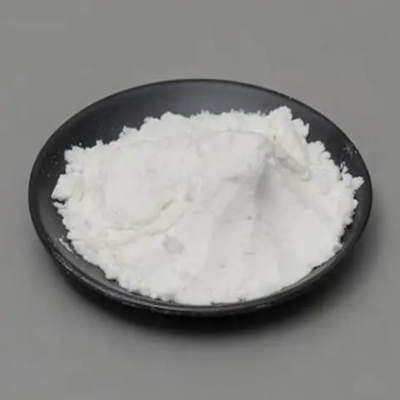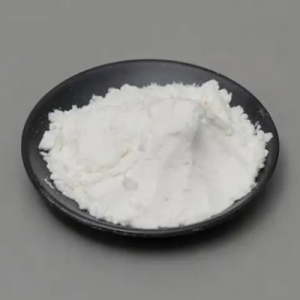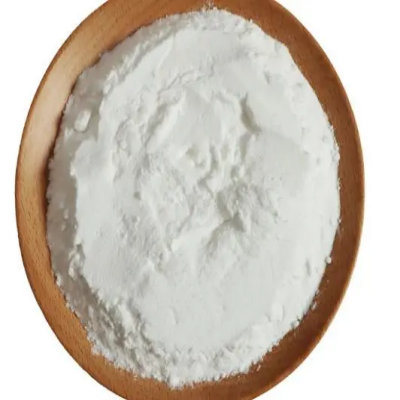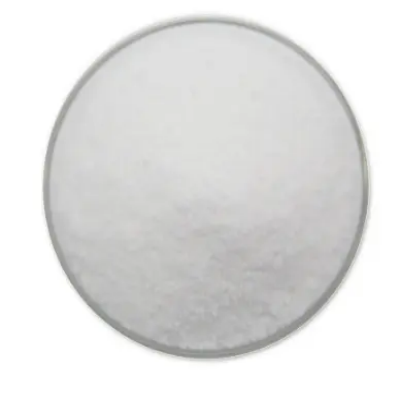Nigericin CAS:28380-24-7
Nigericin has been widely used in research laboratories to study cellular ion transport mechanisms, membrane potential regulation, and intracellular pH modulation. Its ionophoric properties make it a valuable tool for investigating ion signaling pathways, membrane permeability, and cellular homeostasis. Researchers often utilize nigericin to manipulate ion concentrations within cells and explore its effects on cell function and viability. In addition to its research applications, nigericin has shown promising anticancer properties by inducing apoptosis (programmed cell death) in cancer cells. Studies have demonstrated nigericin's ability to inhibit cancer cell growth, trigger mitochondrial dysfunction, and disrupt oncogenic signaling pathways. These findings suggest the potential use of nigericin as a therapeutic agent for certain types of cancer, highlighting its role in cancer research and drug development. While nigericin holds promise in scientific investigations and cancer research, its potent biological activity requires careful handling and controlled use in laboratory settings. Researchers working with nigericin should adhere to safety guidelines and protocols to ensure proper containment and disposal. Collaborating with experienced professionals and following established procedures are essential when utilizing nigericin for research purposes or exploring its therapeutic potential in various biomedical applications.



| Composition | C40H68O11 |
| Assay | 99% |
| Appearance | white powder |
| CAS No. | 28380-24-7 |
| Packing | Small and bulk |
| Shelf Life | 2 years |
| Storage | Store in cool and dry area |
| Certification | ISO. |









